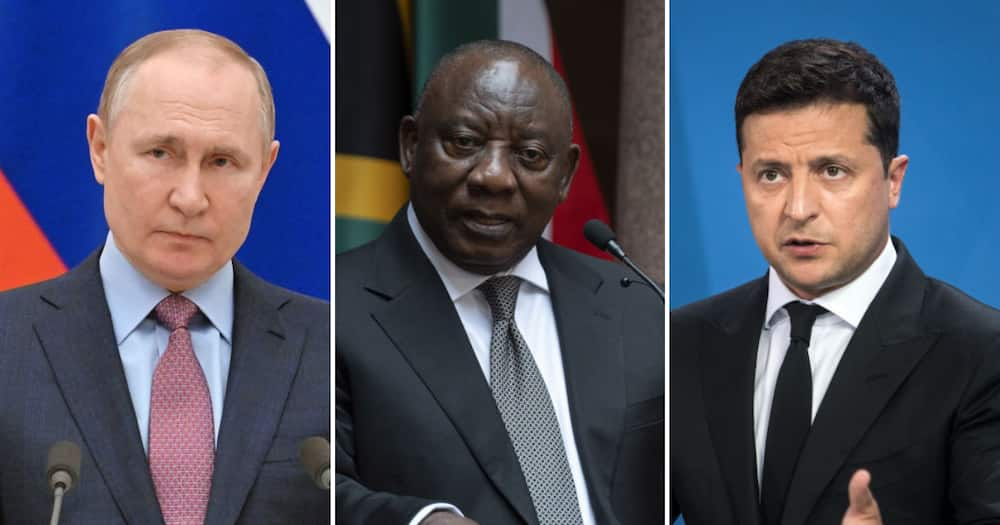NEWS WEEK
Turkey’s presidential election is headed to a runoff after neither candidate—incumbent President Recep Tayyip Erdogan nor his challenger Kemal Kılıçdaroğlu—got more than 50 percent of the vote. The runoff reflects the steady erosion of Erdogan’s support in recent years, thanks to recent crises like 80 percent inflation and a horrifying earthquake Erdogan was ill prepared for and has not been seen as competent in fixing. And his eroding support is reflected in the polls, as one would expect in a country with democratic elections and a democratically elected leader.
That hasn’t stopped Western media and politicians from routinely calling Erdogan an authoritarian leader, with headlines like “Could a diverse alliance end Recep Tayyip Erdoğan‘s authoritarian rule?” and”From democrat to autocrat. The story of Turkey’s Recep Tayyip Erdogan,” and “How Erdogan made Turkey authoritarian again.”
Liberals and Western media don’t believe in Turkish elections; they call it “rigged by the authoritarian regime.” They think they are sounding the alarm of democracy. What they actually sound like is former President Donald Trump: Don’t like the results? Call foul, accuse your opponent of election rigging, foreign interference, and then, because you’re a liberal, call him a totalitarian dictator.
The truth is somewhat different. It’s true that Erdogan has engaged in suppressing the free press, jailed journalists and his opposition, and banned and jailed the followers of Muhammed Fethullah Gülen, a onetime ally. I’m not defending these actions, which smack of strongman behavior and certainly don’t reflect the behaviors of a Western democracy. Erdogan also conspired with Elon Musk to have Twitter suppress voices supporting his opposition.
But if you don’t consider the suppression of the Hunter Biden laptop to be election rigging, you can’t accuse Erdogan of it, either.
Turkey is not a Western democracy but a Middle Eastern one. Erdogan is a democratically elected president in a region that doesn’t tend to hold elections at all. His neighbors who do have them tend to “win” by 80 or 90 percent of the vote. Those elections are rigged. One that goes to a runoff clearly isn’t.
That hasn’t stopped the Turkish opposition from taking a page out of the American liberal playbook, blaming their loss on Russian interference, as Erdogan challenger Kemal Kılıçdaroğlu did; he accused Russia of spreading misinformation with deepfakes. He also met with the American ambassador to Turkey, Jeff Flake, giving Erdogan the opportunity to accuse the opposition of collaborating with the U.S. “Biden gave the instructions saying, ‘We have to topple Erdogan,’” Erdogan said. “I know this. All my people know this. Tomorrow the ballots will give Biden an answer as well.”
If deepfakes on Twitter are Russian interference, why doesn’t a meeting with an American ambassador in real life, who only meets with one of the candidates, represent U.S. interference?
The answer is, neither does. This is the kind of bloviating one has come to expect from residents of a democracy—even a Western democracy—around what are free and fair elections.
Free elections are essential in any democracy. Yet accepting the outcomes of those elections is the most vital part of protecting the democratic process. Whether we like the result or not, if we support the winner or not, the winner is still a winner; denouncing the result and blaming it on foreign interference will only sow doubt in the system and increase political separation.
The runoff for the Turkish elections will start in two weeks. Erdogan needs additional 1 percent of votes to win, and the opposition needs to get over 5 percent more to win. They can pull it off if the opposition unites to support Kılıçdaroğlu, despite differing ideologies.
But if they don’t, it’s clear that Western governments and their media will continue to call the Turkish elections “rigged” until the Turkish opposition takes power, despite the will of the Turkish people.
It’s a spurious allegation. Take it from someone who lived in the Middle East for most of his life and witnessed what a real rigged election means and how people who live there don’t care at all about the results because they know them in advance.
I also lived in Turkey for many years. I saw how the Turkish people campaign hard for their candidates. Turkish people spend days and nights preparing for election day and gather in squares and main streets waiting anxiously for the results.
You don’t get people anxiously awaiting the results of an election in a dictatorship.
In Turkish elections, which are among the few fair ones in the region, you can change a regime by voting. A case in point: Erdogan lost the Istanbul municipality, one of Turkey’s most critical positions, to an opposition leader, Ekrem İmamoğlu of the Republican People’s Party.
Western media denouncing the Turkish election as “rigged” and calling Erdogan a dictator will only harm the electoral process in the future and push a conspiracy, which will lead to reducing trust in the Turkish electoral system.
The U.S. media seems to want to export its own problems—probably the best sign that democracy is alive and well in Turkey.
Asaad Sam Hanna is an international Affairs fellow at Columbia University.
The views expressed in this article are the writer’s own.



